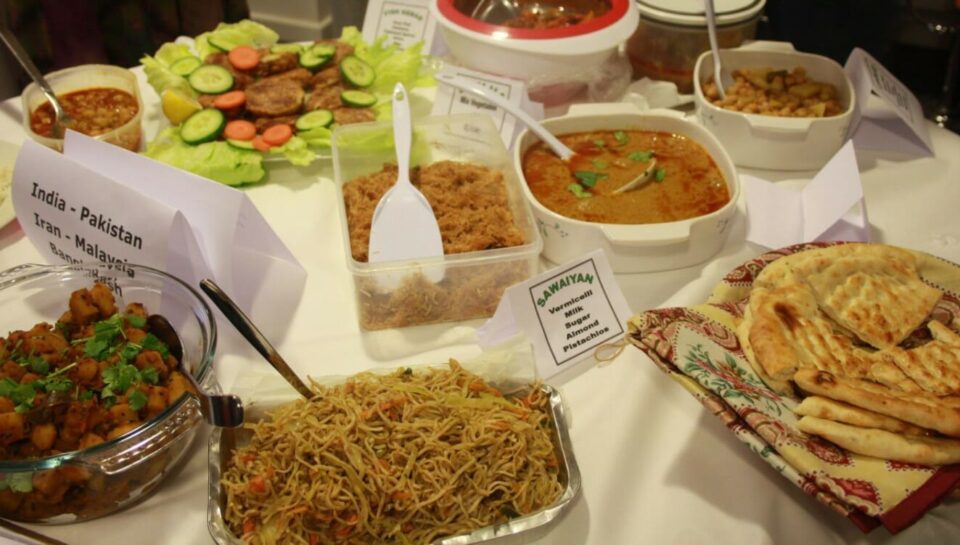Executive Summary
For many in the United States and around the world, the unthinkable happened yesterday in US politics. Donald Trump, the man who no one thought would be President, was elected President. While many have had cringe worthy moments during the past day with their commentary on the election and remembering the many “colorful” statements of the candidate, everyone is wondering which Donald Trump will occupy the White House come January. In the same respect, there are some core cabinet positions that hold significance to Pakistan.
For Pakistan’s government, military and people, there are core interests in US foreign and development policy. We, as a nation, are still fighting the scourge of terrorism carried out in Pakistan domestically and from neighboring countries. We have an extremely unstable government that can fall with the right gust of wind from the West. We have a nation that is broken from economic conditions, poor access to education, health care and basic facilities. Pakistan, as President Obama put it during the state of the union, will have instability for decades to come.
For Pakistan to emerge from the crisis of governance that it perpetually exists within, they will need pragmatic decision making and a stiff stick to keep them on point and moving forward. Or there is the option former US Ambassador to the United Nations, and potential Secretary of State, John Bolton has repeatedly stated – a military government in Islamabad because they are easier to deal with. Whatever the Trump administration decides, it must be done with a clear understanding of the geopolitical, strategic and diplomatic backgrounds of the region and relationships.
We do appreciate President-Elect Donald Trump’s offer to mediate the Kashmir issue between India and Pakistan, but his ultra-pro-India stance and the potential of his key cabinet members holding that stance doesn’t bolster the potential of a favorable resolution for the people of Kashmir.
While an intelligent government in Islamabad would be key on who holds the trade and commerce portfolios, instead diplomatically, we are focused on State, Defense, National Security and Homeland Security.



